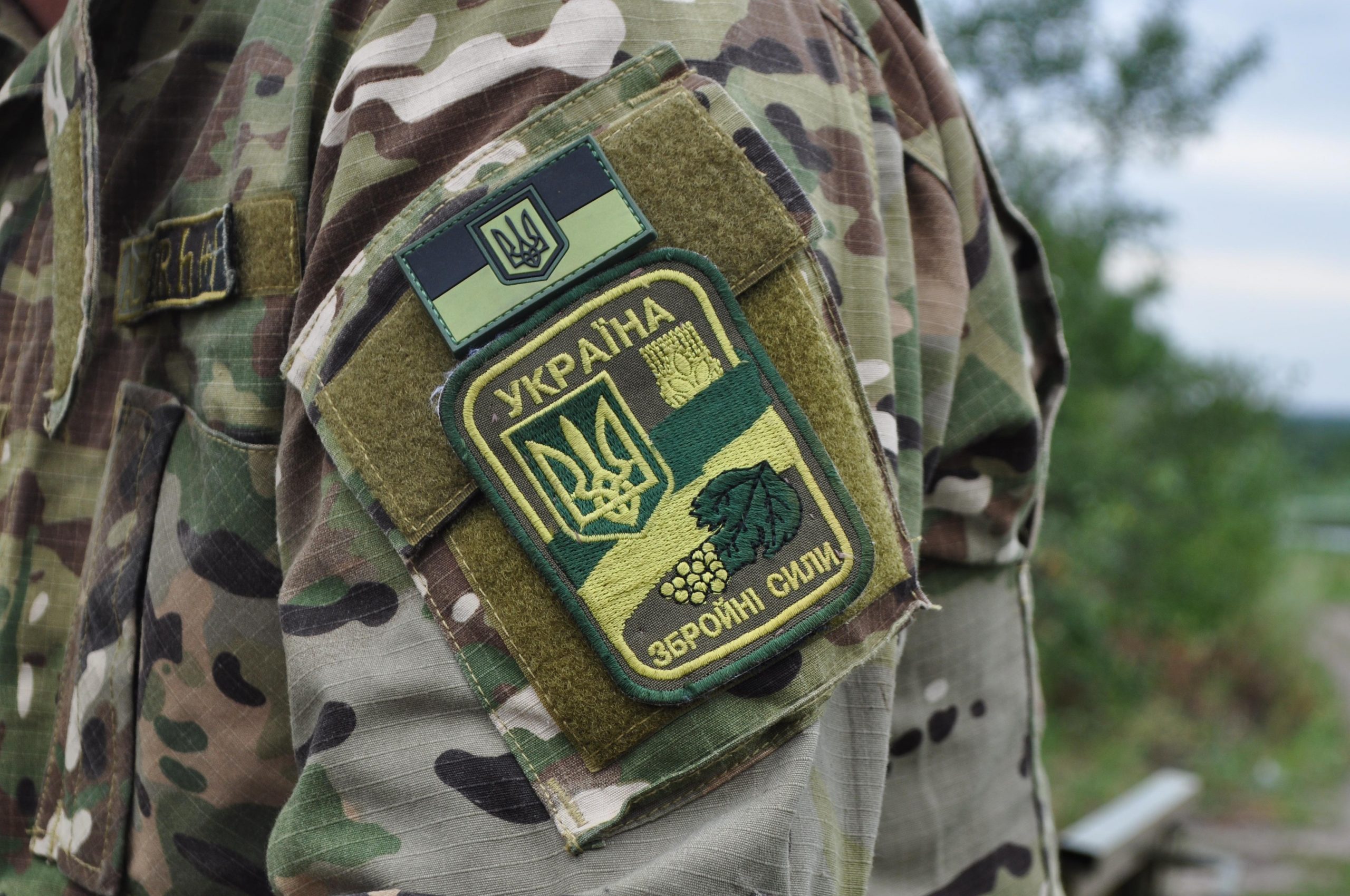
The scandalous bill 10378 on changing the rules of mobilization was introduced to the Ukrainian Parliament
On the official website of the Ukrainian parliament, the latest version of the draft law No. 10378 on mobilization has appeared. With this draft law, Ukrainian parliamentarians propose to expand the rights of the TCC to almost “unlimited”, without removing the corruption component and without proposing any reforms of this most inefficient and corrupt organization.
The main aspects of the draft law include:
- Reducing the minimum age for conscription from 27 to 25 years;
- Improving the registration of conscripts, persons liable for military service and reservists;
- Provision of an additional 90-day vacation for servicemen released from captivity with their salaries preserved;
- Elimination of compulsory military service, with the transfer of all conscripts to the reserve;
- Prohibition of conscription for military service for two years after the release of those who served during martial law, except with their consent;
- Abolition of the category of limited fitness in the conclusions of military medical commissions;
- Introduction of three-month basic military training for citizens aged 18 to 25 in educational institutions;
- Possibility to perform basic military service up to the age of 25 for those who have not undergone military training;
- Restrictions on the rights of citizens who evade military registration and service;
- Involvement of various state institutions in recruiting for military service;
- Empowering the police to participate in mobilization;
- Sending summonses through an electronic cabinet or e-mail, the obligation to register in the military online cabinet;
It is stated that this draft law is allegedly aimed at improving the manning of the Armed Forces of Ukraine and other military formations during mobilization. The proposals are subject to change during the discussion in the Parliament.
According to the draft law, a significant corruption component is introduced, where the MCC will decide that if individuals ignore the draft, they may face restrictions such as a ban on traveling abroad (already in effect for all men in Ukraine), conducting property transactions, driving vehicles, managing finances, obtaining loans and state benefits. These measures will be canceled by order of the relevant authority (the CCC for bribery).
Men of military age abroad must present military registration documents to obtain passports.
It also provides for the involvement of local governments in ensuring conscription. Village councils, town and city councils will be responsible for ensuring conscription.
Regarding deferments, the new rules include a reduction of the disability deferment (those with disability group III are now fully eligible for military service).
The law also introduces a deferral for pregnant military women and mothers on maternity leave, students pursuing higher education and teachers, as well as a ban on mobilization of MPs and, most scandalously, police officers.
This new law proposes to significantly expand the powers of the police, which will be entrusted with total control over civilians and restriction of their rights and freedoms as the police officer wishes. This, again, creates an unlimited corruption component.
According to Ukrainian media reports, starting from December 25, without waiting for the adoption of this draft law by the parliament, “temporary checkpoints” are being set up in large cities,especially in Kyiv, “temporary” checkpoints are being created under the pretext of “security exercises”.
Ukrainian society reacts very sharply to further restrictions and granting of unlimited rights to law enforcement agencies. It is also outrageous that now the Ukrainian economy will be in the hands of the heads of the TCC, who will be able to actually manage the finances of all Ukrainian enterprises, block them, unblock them, obviously for a bribe, and so on.
In fact, under the guise of “improving the mobilization procedure”, there is a police state regime where individuals will determine “by eye” who should go to the army and who should not.

